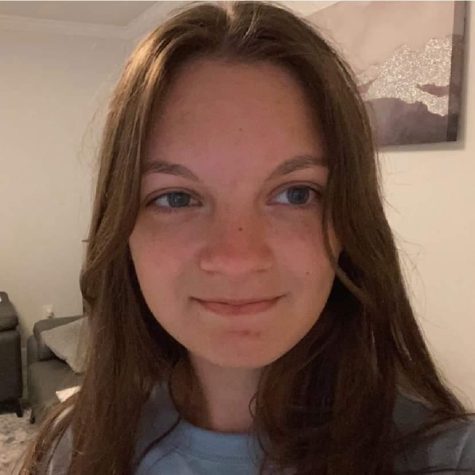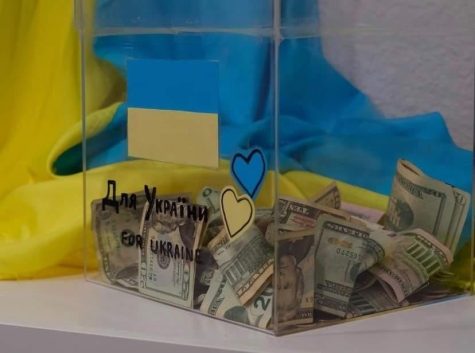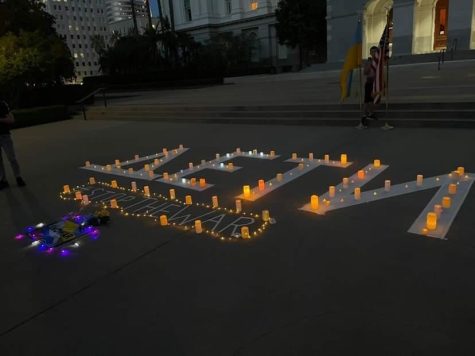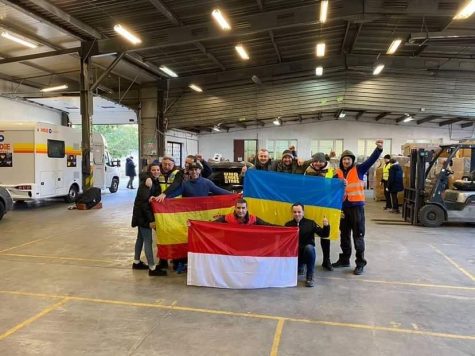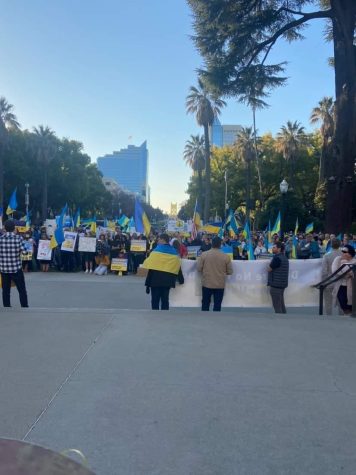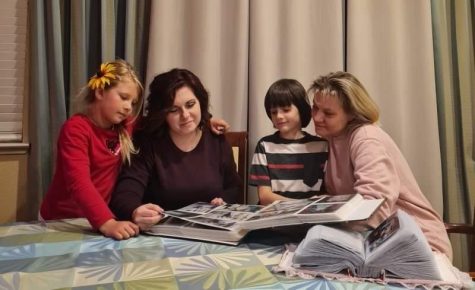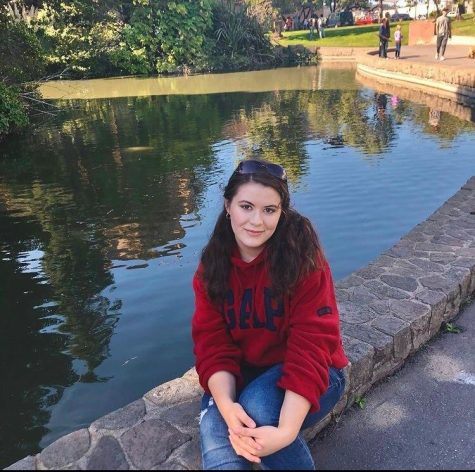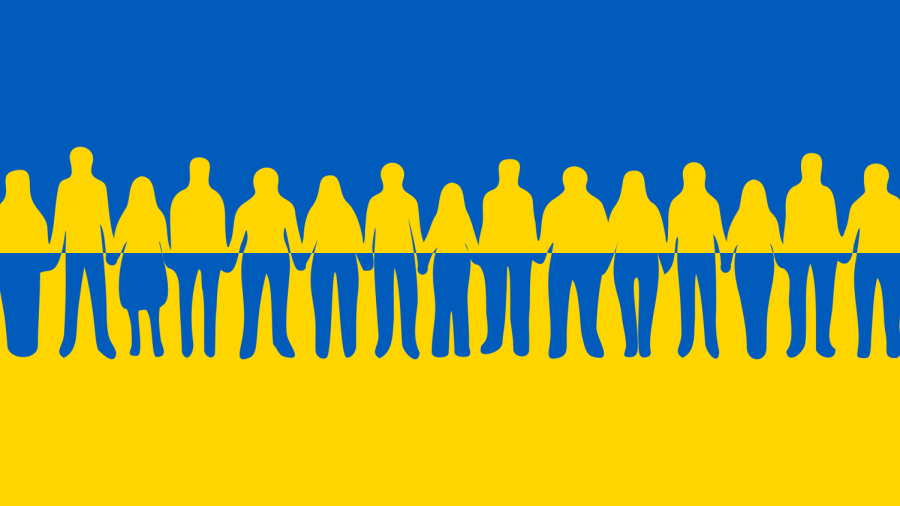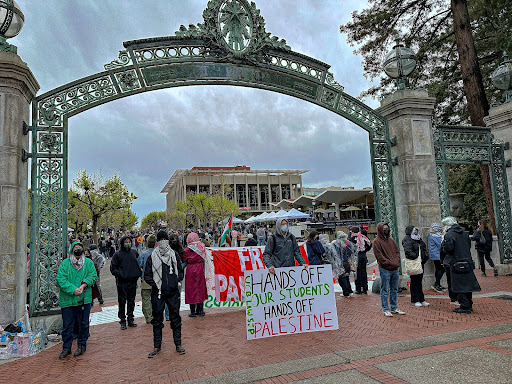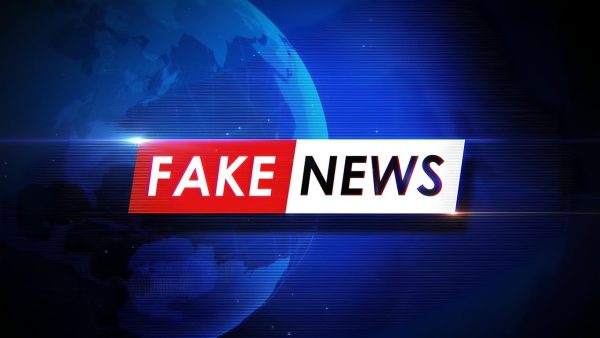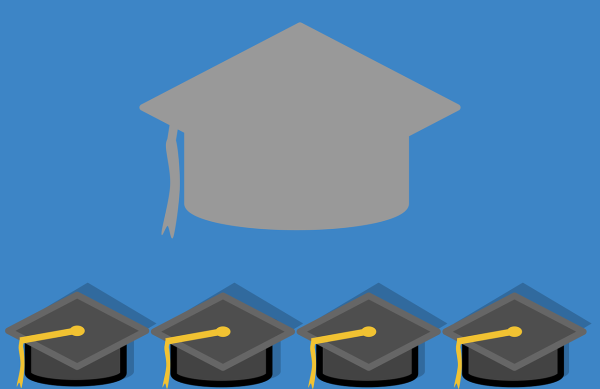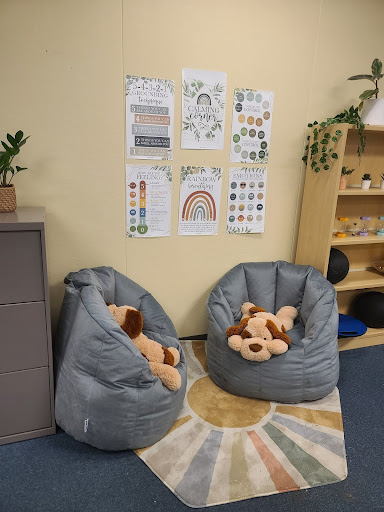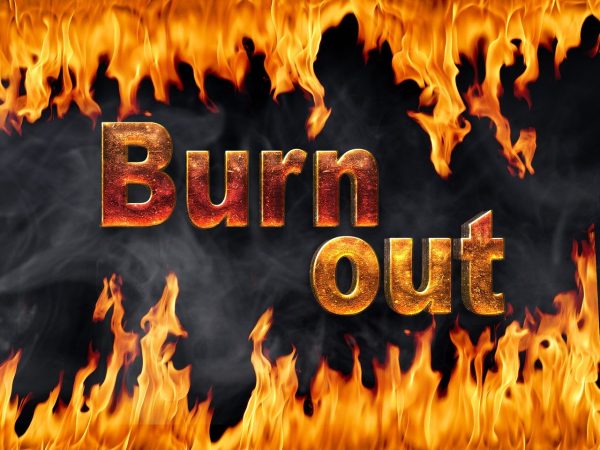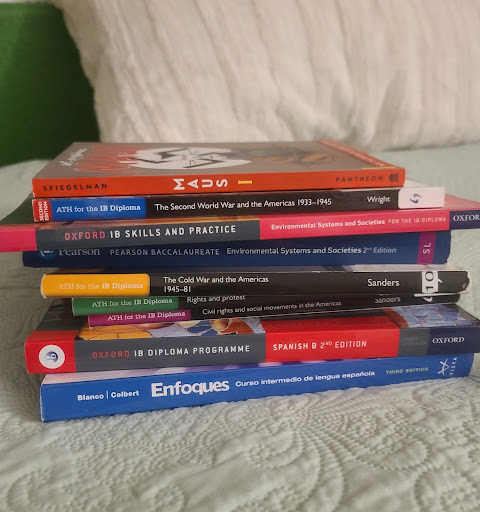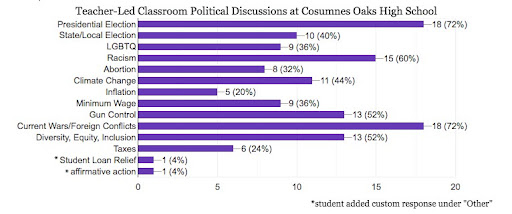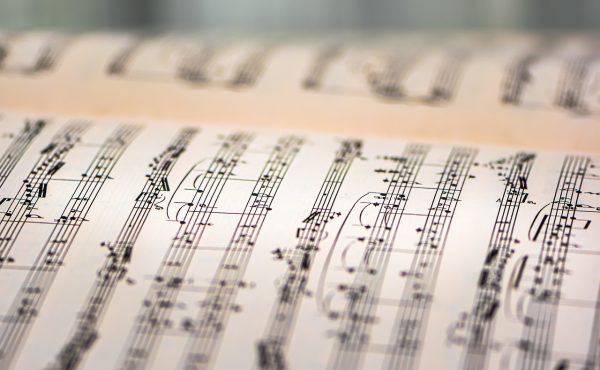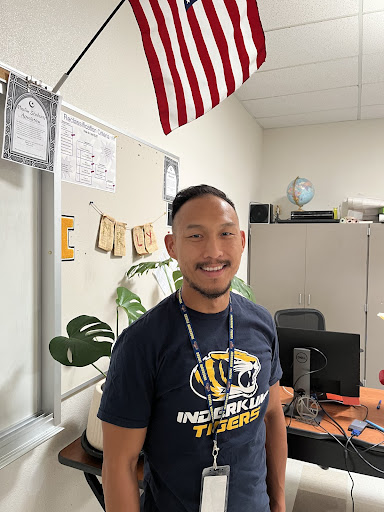Russian invasion touches Ukrainian diaspora in Sacramento region
April 12, 2022
In mid February Russian troops invaded Ukraine after having amassed hundreds of thousands of troops at its border, greatly escalating the slow burn Russo-Ukrainian War that has been going on since 2014. With this action, Russian President Vladimir Putin shattered the peace in Europe.
Putin has stated multiple times that he did not view Ukraine as a state and even that the country was being governed by a neo-Nazi regime. This arose as a result of Russian propaganda, aimed at giving purpose to their invasion.
The Russian military is still fighting in Ukraine, causing in excess of 10 million to be displaced, according to the United Nations High Commissioner for Refugees (UNHCR). This news hits close to home. According to the U.S. Census, about 15,000 native-born Ukrainians live in the Sacramento region. As a result of the war in Ukraine, Ukrainian students and their families in the Sacramento community have been greatly affected.
Katie Dribnokhod is a Ukrainian student and a junior at the Performing and Fine Arts Academy (PFAA) in Natomas. With extended family members in Ukraine near the fighting, she says, she and her family are anxiously waiting to see what happens next.
“It’s very unpredictable. I’m worried. I’ve been feeling very devastated for the people who are suffering, losing their homes and their family members. Just constantly checking the news…” Dribnokhod says.
“I have some family members from my dad’s side, distant cousins. Thankfully they were able to escape,” she says. “It’s a terrifying story, actually. It was a day or two after Russia invaded and they packed up their car and they were ready to leave, but their car broke down. Extremely scary, they were very stressed out.”
“Later it turned out there were shootings going on on that street that they were about to go on. They could have died. Luckily, they were able to get to Moldova and now they’re already there or they’re planning on going to Switzerland, where we have other relatives. Thankfully they’re all safe.”
Dribnokhod and her family also communicated with a Ukrainian family and had worked tirelessly to bring them to America.
“My mom’s childhood best friend. We worked closely with her family, trying to get them to safety. We were constantly in contact. She updated us all the time, so we were able to hear first hand news,” Dribnokhod says.
Thankfully, the family was able to safely make the long and dangerous journey from Ukraine to Sacramento, where they are now currently living with the Dribnokhods.
Iryna Kondratiuk, a junior in high school from Sacramento, also has extremely close ties to the situation in Ukraine.
“I was born in Ukraine and lived there for the first few years of my life so it’s native and a home to me, and throughout my life I’ve been raised in the Ukrainian culture,” she says. “Right now all my family and relatives are living there currently and every day we are constantly staying in communication with them because the airport and military base were bombed in Lutsk, a field away from where my cousins, aunts and uncles live.”
To Kondratiuk, the current handling of Ukraine has had both positive and negative results.
“I’m thankful that America is trying to help Ukraine out financially and with materials and ammo, blocking out Russia by not buying its gas and other products, and accepting Ukrainian refugees but the USA isn’t doing absolutely everything they can,” she says. “NATO did not close the sky over Ukraine, and that would have helped greatly. But overall the current handling of the situation is making me feel hopeful because in the end Ukraine’s victory will come from the efforts of several different countries.”
Though Russia is often painted as the evil force behind this invasion, it must be realized, Dribnokhod says, that the beliefs of the Russian people have been significantly altered as a result of the limited censored information they have been allowed access to.
“I’ve heard a lot that there’s a lot of propaganda going on and that only the Russian news is allowed there,” she says. “They’re basically painting Russia to be a helper and just helping Ukraine. They’re completely changing stories, like saying how the president has escaped Ukraine, he’s hiding somewhere, and he doesn’t care about the country when in reality he’s there. He’s filming himself in front of important landmarks and everything.”
Like many other Ukrainian students, Dribnokhod has ties to both Ukraine and Russia as a result of the two countries’ intertwined history. This war has split her family apart.
“I know that my uncle, he actually doesn’t believe it either, which is crazy. He doesn’t think that Ukraine is under attack. He thinks that Putin is in the right for this so it’s crazy,” she says. “It’s like, how can you believe that? How can you believe this Russian news? And his own wife is raising money and trying to get as much support as she can for Ukraine, so it’s horrifying how much propaganda and false news there is, so it’s very important to make sure that you’re listening to all the different sides and hearing first hand stories. So, very crazy.”
Both Kondratiuk and Dribnokhod have personally contributed to the efforts being made by their local communities to help support Ukraine.
“We have been donating money to help financially and attending Ukrainian rallies at the state capital. We’ve also gathered several bags of clothes, shoes, and blankets to give to the House of Bread Church from which all the supplies were sent to refugees who crossed the border from Ukraine to Poland. But most importantly we’ve been praying every day for peace in Ukraine,” Kondratiuk says.
Churches throughout the Sacramento community and beyond have worked tirelessly to collect donations of supplies for Ukrainian civilians, most of whom had been forced to leave everything behind as they fled the country.
“The House of Bread Church’s fundraiser was enormous,” Dribnokhod says. “They initially wanted to pack up one large truck but it ended up being seven trucks. So many people brought so much stuff. Huge rooms were filled with wheelchairs, crutches, boxes of clothes. It’s so great to see the community come together, unite for one cause to help another country.”
Dribnokhod has also helped start up donation drives at schools in her area, such as Natomas Charter School.
“We just want to give people a place to send any clothes, medical supplies, shoes, blankets, that sort. We have also been in contact with all these different churches in Sacramento. Personally, I’m posting things on my Instagram. That’s not gonna do much in the long run but it does help with making sure people are aware,” she says.
There are also a lot more ways that Sacramento natives are helping.
“I know a few people who have been doing a lot like Pastor Peter from my church who went to Poland last week to give humanitarian aid and set up refugee camps at Poland’s border,” Kondratiuk says. “Also Pastor Sergei Agapitov from Transnistria has been offering 24/7 bus rides for people to leave Ukraine for Moldova.”
It is extremely important that the Sacramento community and Americans as a whole need to step up and help the Ukrainian people, Kondratiuk says.
“Putin is a little sick in the head so he won’t stop with Ukraine and can attack any other country anytime and that’s why people should care,” she says. “America and its people have the right to intervene because Russia broke the Budapest treaty, which guaranteed Ukraine’s security by the world powers if they gave up their nuclear weapons, when they attacked Ukraine. That treaty was signed not only by the Russian federation and Ukraine but by Britain, Ireland and America, making it everyone’s problem.”
There are a multitude of various ways that people can help support those in Ukraine, especially the innocent civilians being attacked and displaced.
“People can help by praying, attending rallies for Ukraine, or donating money for any humanitarian services that help Ukraine,” Kondratiuk says.
Additionally, be aware of what’s going on in Ukraine and continue to do what you can to help, Dribnokhod says.
“Be sensitive. Be careful about the situation. There are people’s lives at stake and people are losing their family. I’m referring to all of the jokes that I see, like on social media sometimes. It’s not good,” she says. “Also, continue to pray. Continue supporting sending over donations or reaching out to any churches or organizations that are helping.”
Most importantly, remember the injustice and the horrific deaths occurring in Ukraine.
“Ukraine is its own country with its own culture and language. It is not part of Russia,” Kondratiuk says. “Innocent civilians are dying and people should care because it would be selfish not to.”
